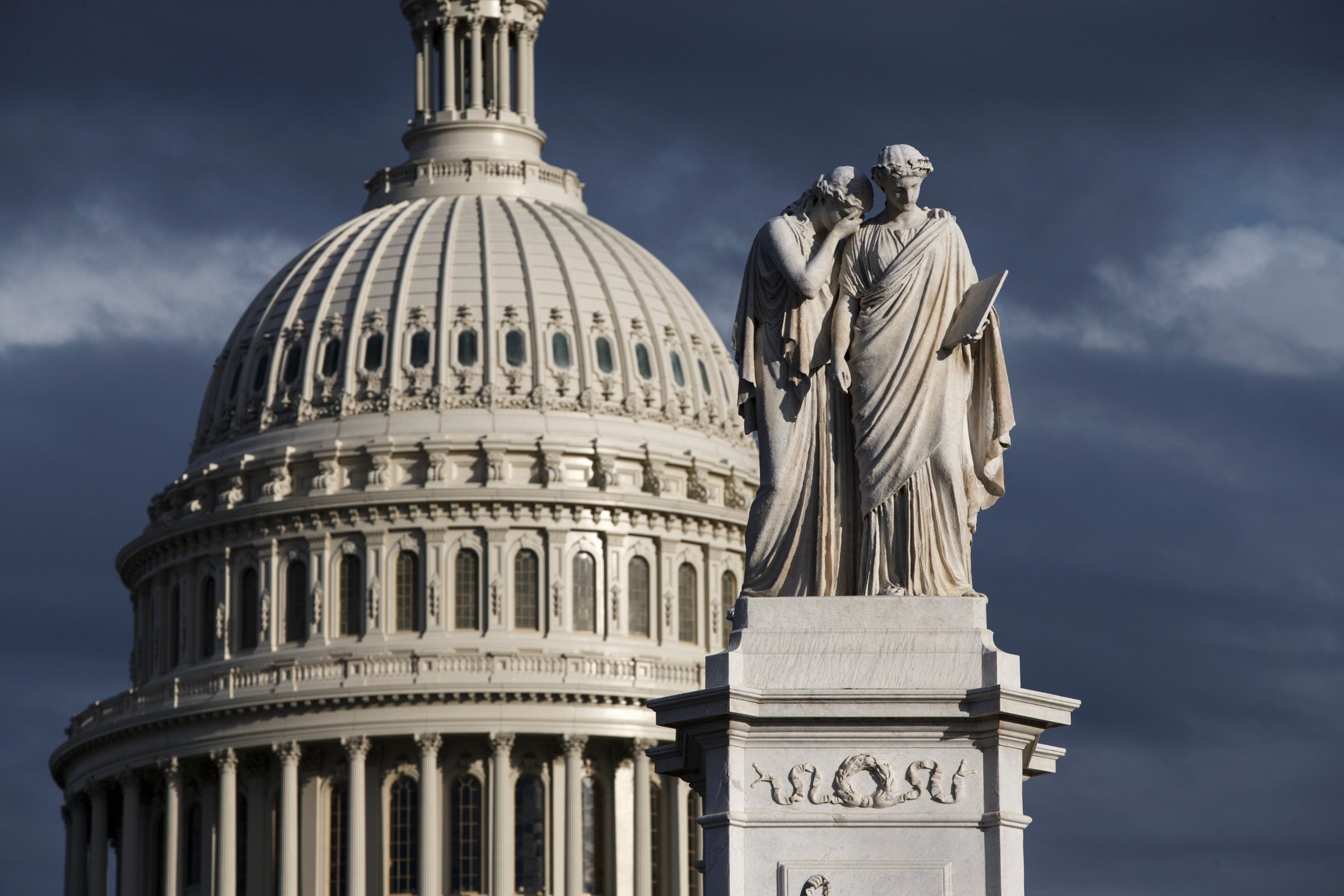
It’s long been conventional wisdom that to get the attention of a member of Congress, you have to open your wallet. Now, a pair of graduate students claim to have proof that donors really do get preferential treatment from lawmakers.
An experiment conducted by political science graduate students Joshua Kalla of Yale University and David Broockman of the University of California at Berkeley, in partnership with the liberal political organization CREDO Action, provides limited scientific evidence to support the assumption that members of Congress provide preferential treatment to donors.
“This area has long been a province of anecdotes,” said Broockman. “But it’s also one of the number one things Americans say they are worried about.”
In the experiment, CREDO Action requested meetings with 191 Congressional members to talk about a pending bill. Though all of the requests were on behalf of CREDO members who had made political donations, the organization randomly selected whether to tell the elected official that they were meeting with donors or ordinary constituents.
A total of 86 congressional offices agreed to meetings. Senior staffers, such as chiefs of staff or deputy chiefs of staff, showed up to meet identified donors at 19% of those meetings, with actual members of Congress attending 8%. But only 5% of the meetings with ordinary constituents were with senior staffers, including a mere 2% with actual members. The majority of meetings, whether with donors or constituents, were with Washington D.C.-based legislative assistants or local district directors.
The study, its authors argue, suggests that Supreme Court decisions on campaign contributions may need revisiting. The experimenters were deliberate in not disclosing what the donors have or have not contributed to—they were simply referred to as “donors” in the meeting requests. In the Citizens United v. FEC decision, which opened the floodgates for corporate election spending, the Court held that if money does not go directly to lawmakers they would not be directly influenced. The results of the study, the authors write, “support reformers’ assertions that campaign contributions may facilitate influence with a legislator even if not given to that particular legislator.”
Though the Supreme Court is unlikely to be swayed by a single, yet-to-be published study by a pair of graduate students, Larry Norden of the Brennan Center for Justice says more studies like this could lead the Court to reexamine the question of money in politics. “A lot of people are unhappy about Citizens United and the amount of big money in our political system,” Norden said. “One way to bring about change is to provide substantial evidence.”
More Must-Reads from TIME
- Donald Trump Is TIME's 2024 Person of the Year
- Why We Chose Trump as Person of the Year
- Is Intermittent Fasting Good or Bad for You?
- The 100 Must-Read Books of 2024
- The 20 Best Christmas TV Episodes
- Column: If Optimism Feels Ridiculous Now, Try Hope
- The Future of Climate Action Is Trade Policy
- Merle Bombardieri Is Helping People Make the Baby Decision
Contact us at letters@time.com